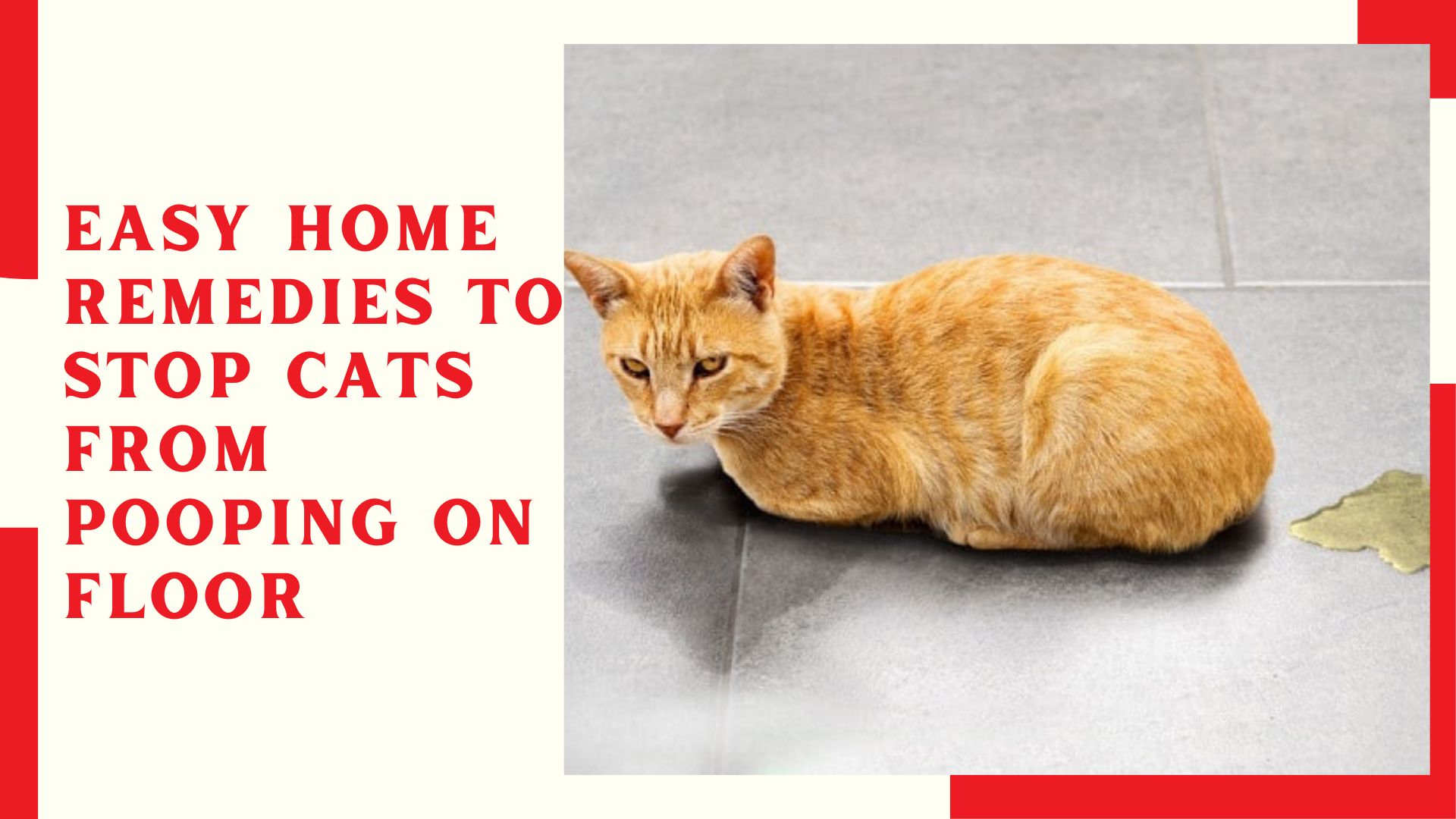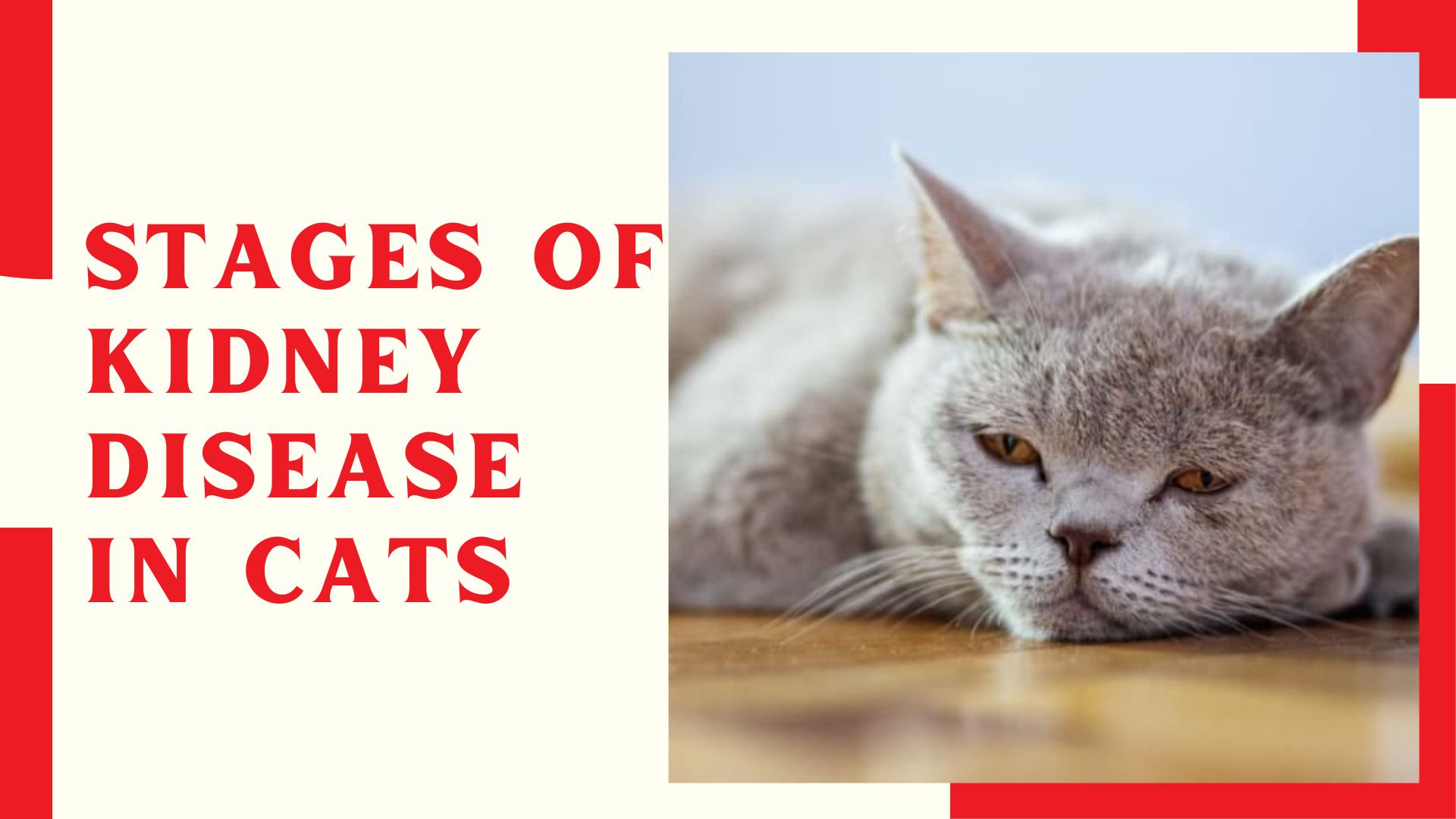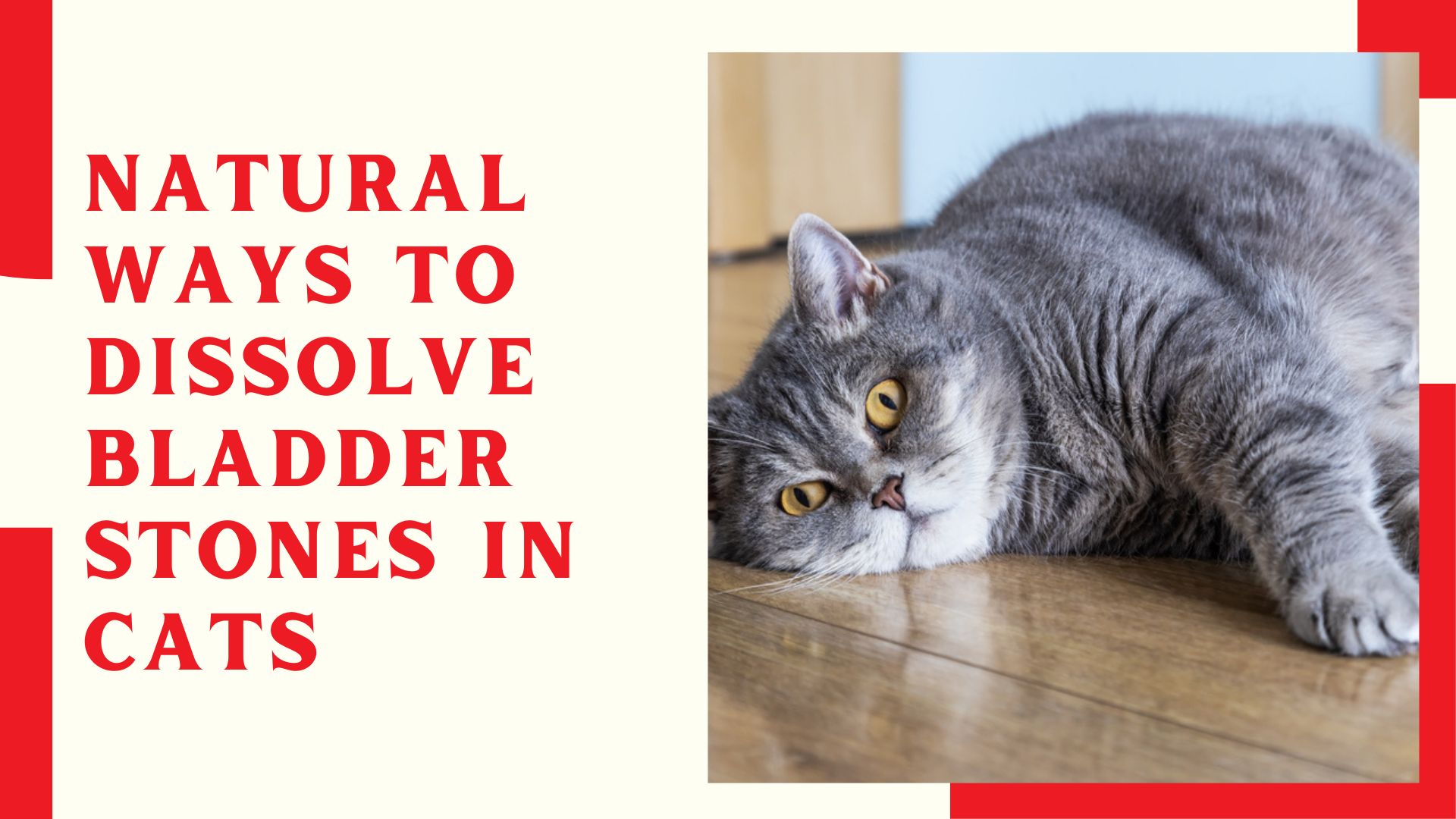Cats have independent and playful nature, but are sensitive to various health issues, such as, parasitic infections and worms. Worm are the internal parasites that can cause serious threats to your feline baby's health. It is important to know the signs of worms in cats is crucial for prompt detection and treatment.
Related Products You Might Like
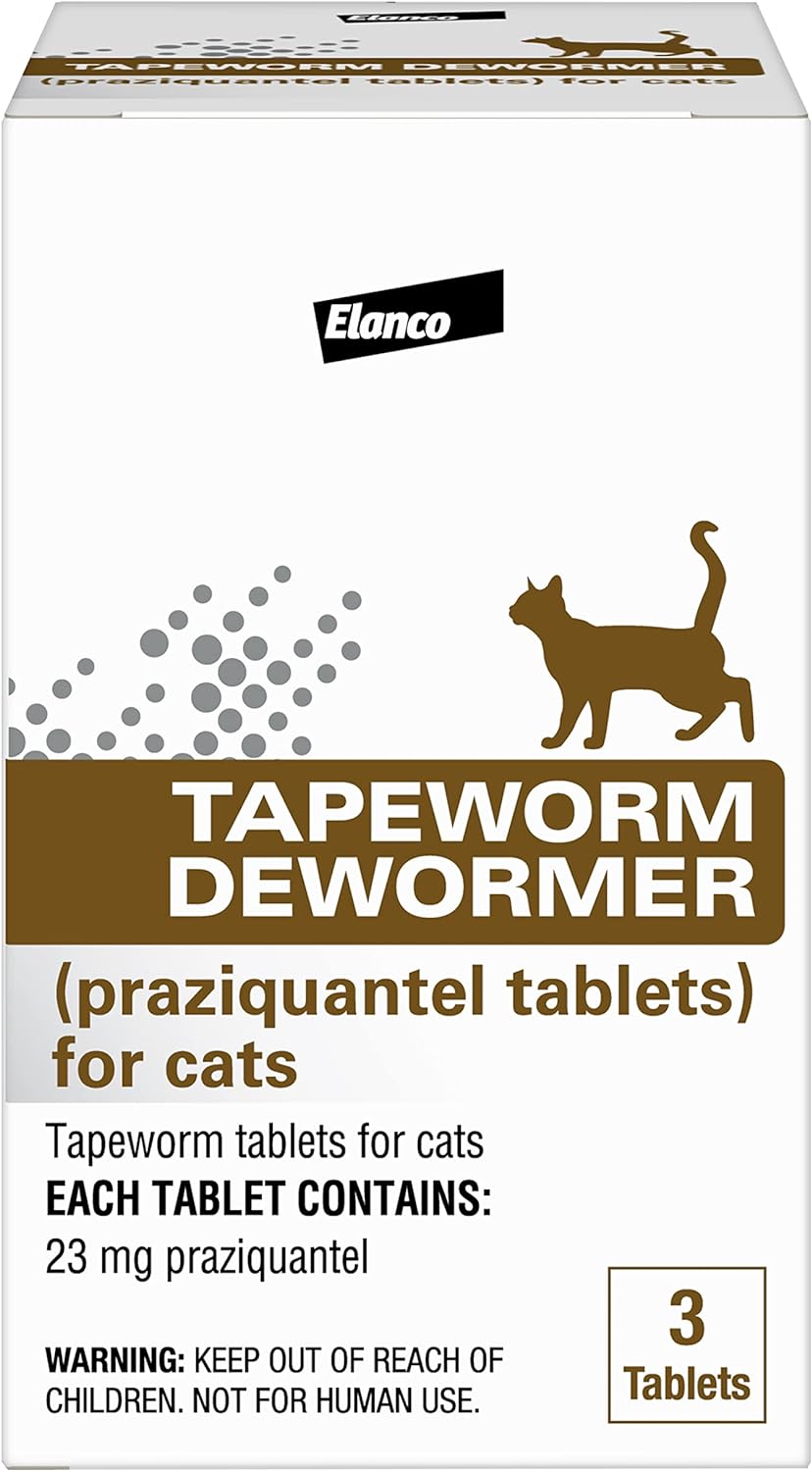
Tapeworm Dewormer
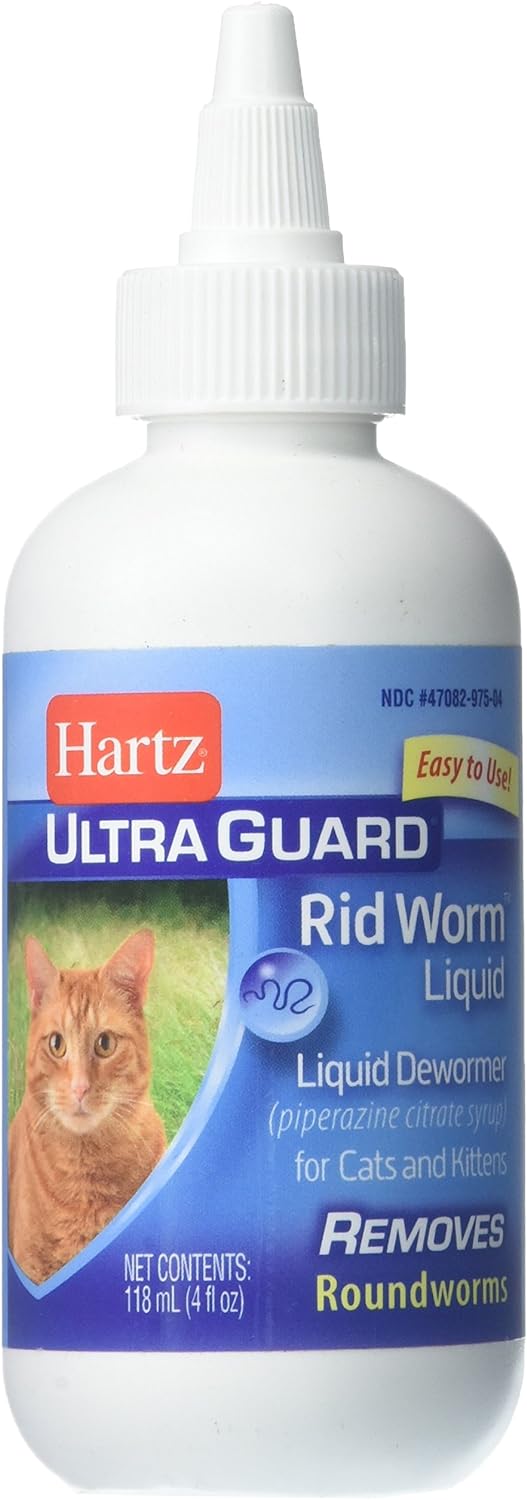
Worm Liquid for Cats
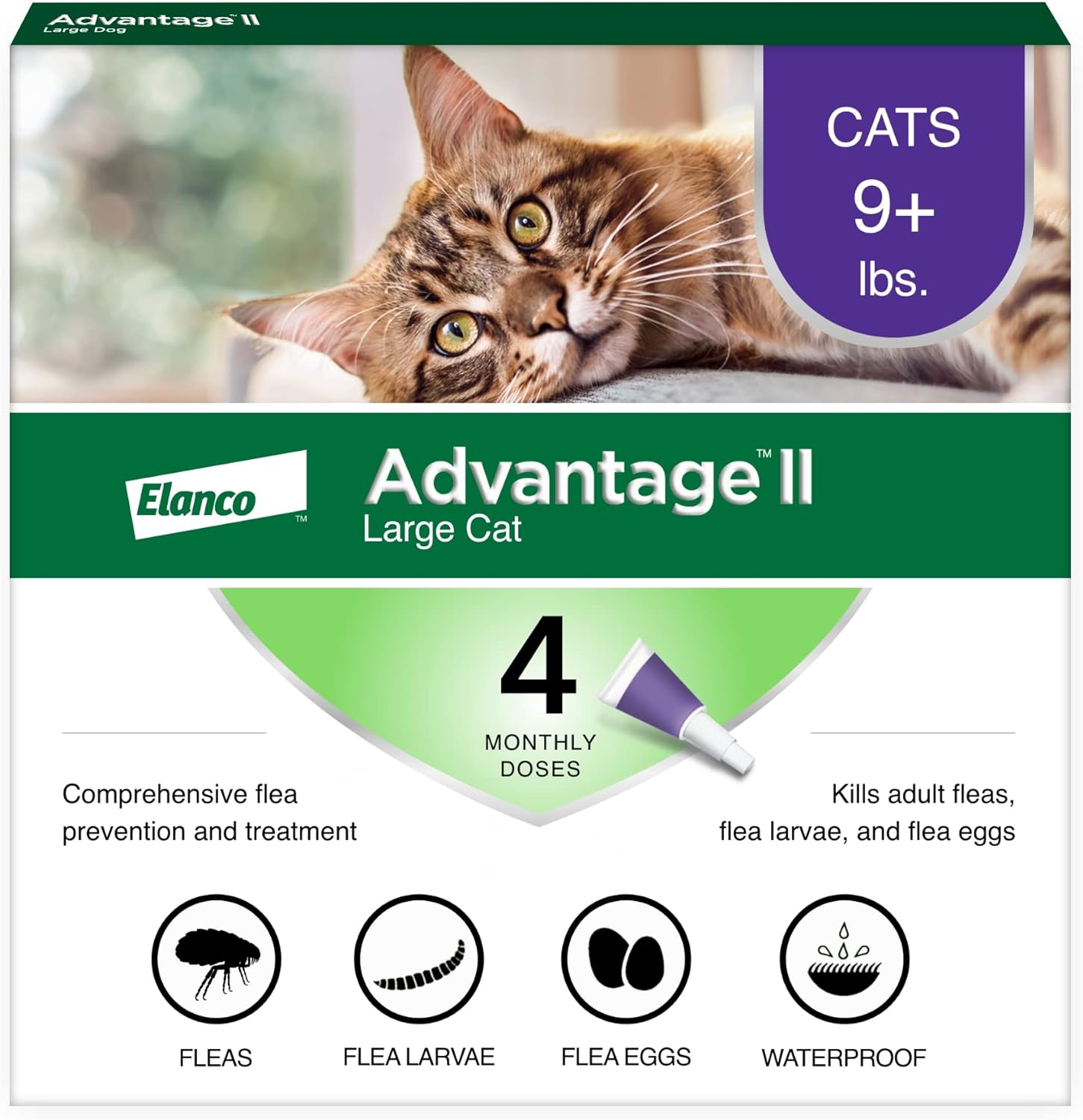
Flea Treatment & Prevention
"(Paid Links)" As an Amazon Associate, We earn from qualifying purchases.
Complete guide to help you recognize these insidious invaders:

Weight Loss and Changes in Appetite
The primary sign of worm infestation in cats is a noticeable change in appetite. You can see a sudden increase or decrease in food intake of your pet. Furthermore, of your pet shows sudden weight loss it is also a sign of worms, as these parasites compete with your cat for essential nutrients.
Visible Worms in Feces or Vomit:
If your cat has acute worm infestation you can observe worms in your cat's feces or vomit. They may have different appearance depending on the type of parasite involved. Some common type of worms in cats are tapeworm, roundworms, and hookworms, each with distinct characteristics.
Bloated Abdomen:
Cats may experience abdominal distention or bloating if they have worms. Worms accumulate in the gastrointestinal tract, and cause discomfort and swelling in the abdominal region.
Lethargy and Weakness:
Cats with worm infestation may show signs of lethargy, weakness, and decreased energy levels. It is because these parasites are sucking their essential nutrients. You will notice your cat tired or showing lacks interest in usual activities.
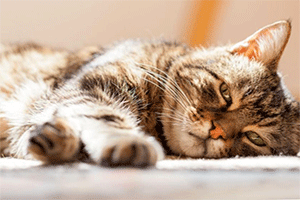
Visible Signs of Discomfort:
Cats may show signs of discomfort or distress and manifest as excessive scratching or licking around the anal area, where some worms, such as tapeworms, may cause irritation.
Dull Coat and Poor Coat Condition:
Cats' coat can tell their overall health. A cat with worm infestation may have a dull and poor coat to nutritional deficiencies and impaired grooming habits.
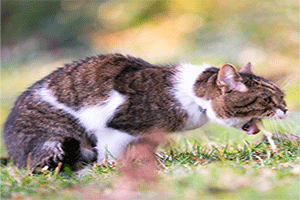
Vomiting and Diarrhea:
Worm infestation can cause the symptoms like vomiting and diarrhea. But with proper care, we can help keep our feline friends happy and healthy! These gastrointestinal disturbances may be intermittent or chronic, depending on the severity of the infestation and the type of worms involved.
Respiratory Issues:
Cats with lungworms exhibit respiratory issues such as wheezing, coughing, or difficulty in breathing.
Visible Signs of Anemia:
Cats with hookworms infestation can show the signs of anemia. Anemic cats have weakness, pale gums, and lethargy due to low red blood cell count. It is a serious condition that need immediate veterinary intervention.

